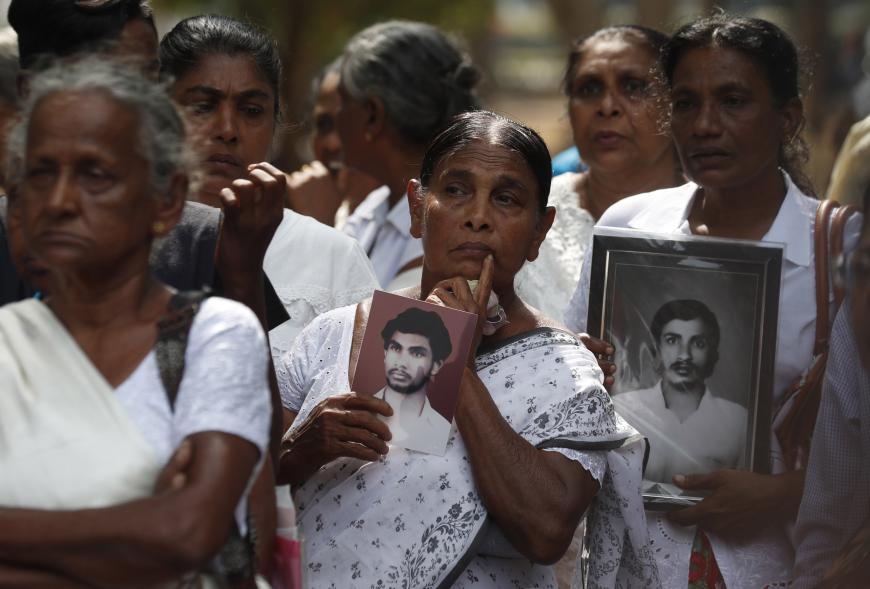1 December 2021
The Australian Centre for International Justice (ACIJ) welcomes the adoption of targeted human rights sanctions to address serious human rights abuses and corruption around the world.
The Autonomous Sanctions Amendment (Magnitsky-style and Other Thematic Sanctions) Bill 2021, passed through the Senate today, introduces a new thematic sanctions regime to the Autonomous Sanctions Act 2011 and will address serious violations of human rights, serious violations of international humanitarian law, serious corruption and other matters of concern. These new powers should strengthen Australia’s commitment to human rights globally.
Sanctions measures include visa/travel restrictions and targeted financial sanctions such as, limiting a person or entity’s access to assets and restricting access to Australia’s financial systems. Sanctions can be imposed on natural persons and entities. They may also target the immediate family members and beneficiaries of human rights abusers.
Welcoming the new law, Ms Rawan Arraf, Executive Director at the Australian Centre for International Justice, said:
“We welcome the long overdue introduction of Magnitsky-style targeted human rights sanctions in Australia. Our work with survivors and affected communities confirms that Australia is a safe haven for human rights abusers from around the world. They travel here with ease, invest their money in Australia’s financial institutions and enrol their children into Australian schools and universities.
To ensure the effectiveness of the sanctions regime, the Government must provide additional resources to the Australian Sanctions Office to be able to receive information for sanctions consideration. We’re also are hoping for better engagement with civil society organisations who have proved to be pivotal to the application of targeted human rights sanctions in the US, UK, Canada and Europe.
It goes without saying, targeted sanctions should be a tool for protecting against the most serious violations of human rights wherever they occur in the world. We hope the Australian government will approach the use of this new sanctions power consistently, equally and free from double-standards.”
Remarking on the need for Australia to commit to international criminal justice, Ms Arraf said:
“Australia should ensure that criminal prosecution remains the primary objective in any effort to combat the impunity of human rights abusers whose conduct amounts to the commission of international crimes. However, we recognise that pursing criminal justice and accountability may not be possible in all circumstances and targeted sanctions therefore become an essential tool for holding human rights abusers accountable.
We therefore welcome the requirement of the Minister for Foreign Affairs to consult with the Attorney-General and other Ministers when considering persons for travel bans. Consultations with law enforcement agencies should be part of that process so that designations do not hinder any potential criminal investigations.”
Together with other civil society organisations, ACIJ will continue to advocate for effective engagement and other measures, including the introduction of the sanctions criteria in the proposed Autonomous Sanctions Amendment (Thematic Sanctions) Regulations 2021.
ACIJ made a submission to the sub-Committee Australian human rights sanctions regime on 28 February 2020 and was invited to give evidence in March 2020.
END
For media enquiries contact Rawan Arraf on 0450 708 870.
Image: Tamil women protesting enforced disappearances, in Colombo, Sri Lanka, © Eranga Jayawardena/AP Photo
